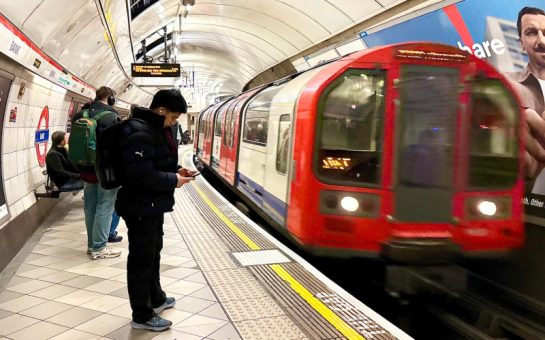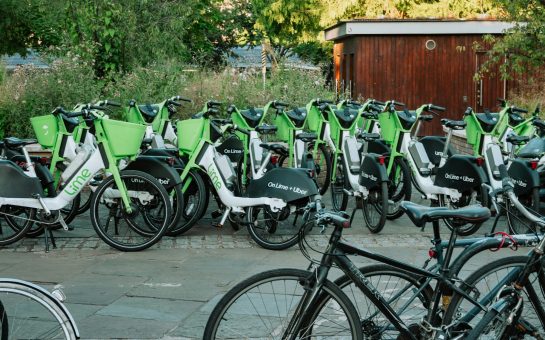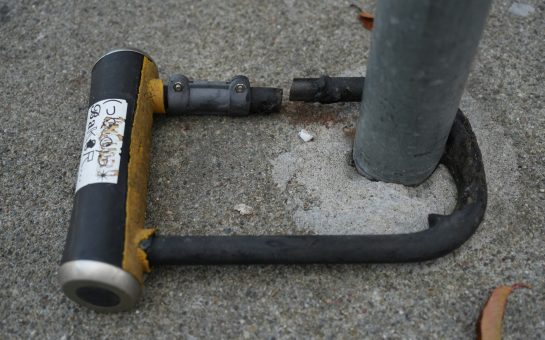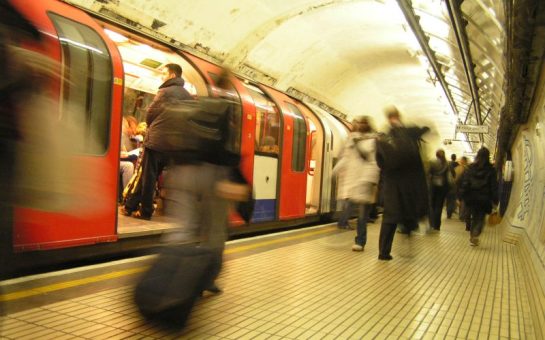The borough could receive funding to transform cycling across the area.

By Immi Calderwood and Sarah Ward
Holland’s liberal cycling culture has come one step closer, with the announcement that Merton has reached the shortlist for Transport for London’s multi-million pound initiative.
The scheme, announced by London Mayor Boris Johnson on Monday, will champion the “substantial redesign” of town centres and the introduction of new cycle routes.
The ‘Mini-Holland’ initiative comes as part of a wider £900 million project encouraging Londoners to cycle more and promising a safer environment on the roads.
Merton has a poor reputation for road safety in comparison to other boroughs with the London Cycling Campaign (LCC) giving it zero out of a potential five points in a 2012 survey.
The ambitious plans raised questions amongst local cyclists about the immediate hazards they face on Merton’s roads.
Jim Yeo, 22, moved to Kingston to study fine art and cycles to Wimbledon each day. He said that the main problem for cyclists in Merton was the quality of the roads.
“In particular the roads from Wimbledon Station to Kingston are full of potholes – that’s where it gets dangerous,” he said.
“In terms of road safety, you need confidence – there are bad drivers and bad cyclists. There should be some sort of training for cyclists, it would save a lot of money rather than churning up roads.”
Merton Council offer a range of training courses suitable for cyclists of all ages but they are not widely advertised within the borough.
Naim Salam, 20, from Putney, agrees that there are more immediate problems concerning cyclists’ welfare: “A lot of drivers have this idea that if you don’t pay road tax, you don’t deserve to use the road.”
One element of the Dutch framework that the London transport system hopes to imitate is the co-operative attitude of motorists. Dana Skelley, Director of Roads for TfL, said that Europe is leading the way in creating a culture of tolerance towards cyclists.
The low level of fatalities of Dutch cyclists – two people killed per one hundred million kilometres travelled by bicycle – can be attributed to the high average ownership of bikes, at 1.1 per person, as drivers sympathise with the needs of cyclists.
Paul Robinson, 37, a Merton Council traffic engineer who worked extensively on the design for South Wimbledon’s Super Cycle Highway, addressed concerns about municipal funding available to improve cycle conditions.
“You can only do as much as you have spending to do,” he said.
When asked whether he would feel comfortable cycling in Merton, Mr Robinson said he wouldn’t, but that he hoped that would change with the future proposals. He was optimistic about the council’s increased dedication to improving Merton’s cycle conditions.
“Most people would agree it’s fundamentally good for everyone,” he said.
Photo courtesy of Tommi Bergman, with thanks.
Follow us @SW_Londoner




